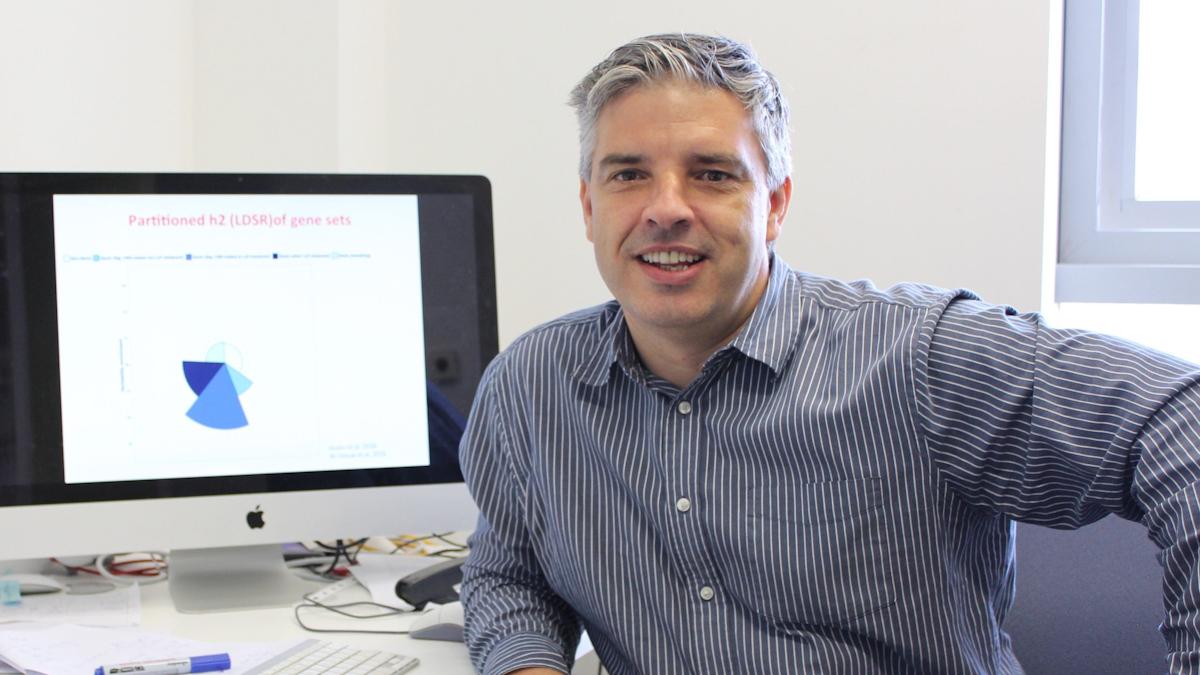BMS wagers $14bn on Karuna’s schizophrenia drug

Bristol-Myers Squibb has decided to gamble on the FDA approving Karuna Therapeutics’ schizophrenia drug candidate KarXT next year, agreeing to buy the company for approximately $14 billion.
The $330-per-share deal is worth around $12.7 billion net of Karuna’s cash reserves and has been approved by both companies’ boards of directors, with a closing date estimated in the first half of 2024 after the usual financial regulatory reviews.
Karuna filed KarXT for approval in the US last month and is waiting for a verdict from the FDA on the drug – which combines muscarinic agonist xanomeline tartrate and muscarinic antagonist trospium chloride – as a treatment for adults with schizophrenia by 26th September.
The M1/M4 muscarinic receptor agonist is vying to be the first drug to reach the market for schizophrenia with a new mechanism of action in decades. It is also in phase 3 clinical testing as an add-on to existing drugs for schizophrenia and the treatment of psychosis in patients with Alzheimer’s disease and in phase 2 for bipolar disorder.
BMS said KarXT represents “a significant revenue contribution opportunity” that “accelerates the expansion and diversification” of its portfolio in neuroscience, one of its strategic growth areas, and has patent protection through to the mid-2030s.
In a presentation to investors and analysts, the pharma group said that the drug offers “compelling efficacy and differentiated safety” with “multibillion-dollar peak sales opportunities across multiple indications” which affect millions of people in the US alone.
For around 70 years, the treatment of schizophrenia has relied almost entirely on drugs that block dopamine D2 receptors, but KarXT is one of a clutch of new therapies emerging from the pharma industry pipeline that works in a different way, along with rivals like Newron Pharma’s evenamide and Sumitomo/Otsuka’s ulotaront.
KarXT is thought to exert its antipsychotic effects through muscarinic M1 and M4 receptors in the central nervous system, targeted by xanomeline, while trospium prevents side effects by blocking the drug’s effects on the peripheral nervous system.
In clinical trials, the drug has been shown to improve the proportion of hospitalised schizophrenia patients showing a 30% or greater improvement in symptoms compared to placebo over five weeks as measured by the Positive and Negative Syndrome Scale (PANSS) total score, without the weight gain that is a problem with current antipsychotic medications.
BMS’ move for Karuna comes a few weeks after AbbVie agreed an $8.7 billion deal to acquire Cerevel Therapeutics, another company developing a schizophrenia drug with a novel mechanism of action. Emraclidine (formerly CVL-231) is a selective muscarinic M4 receptor-positive allosteric modulator (PAM) currently in two phase 2 studies.













